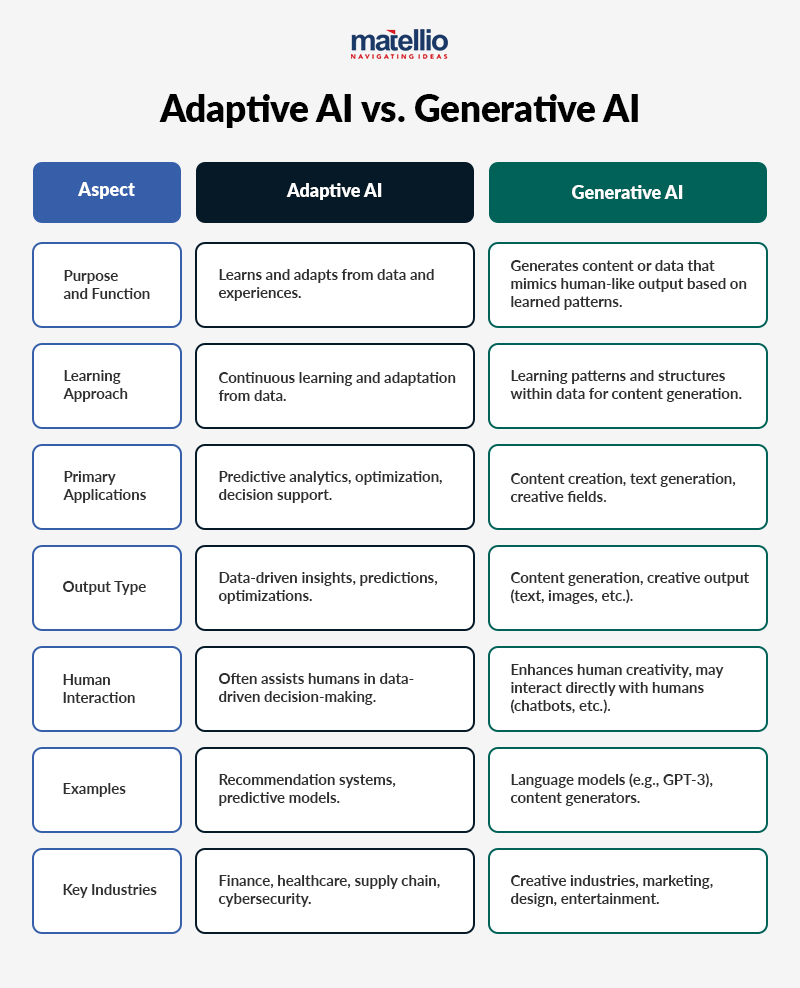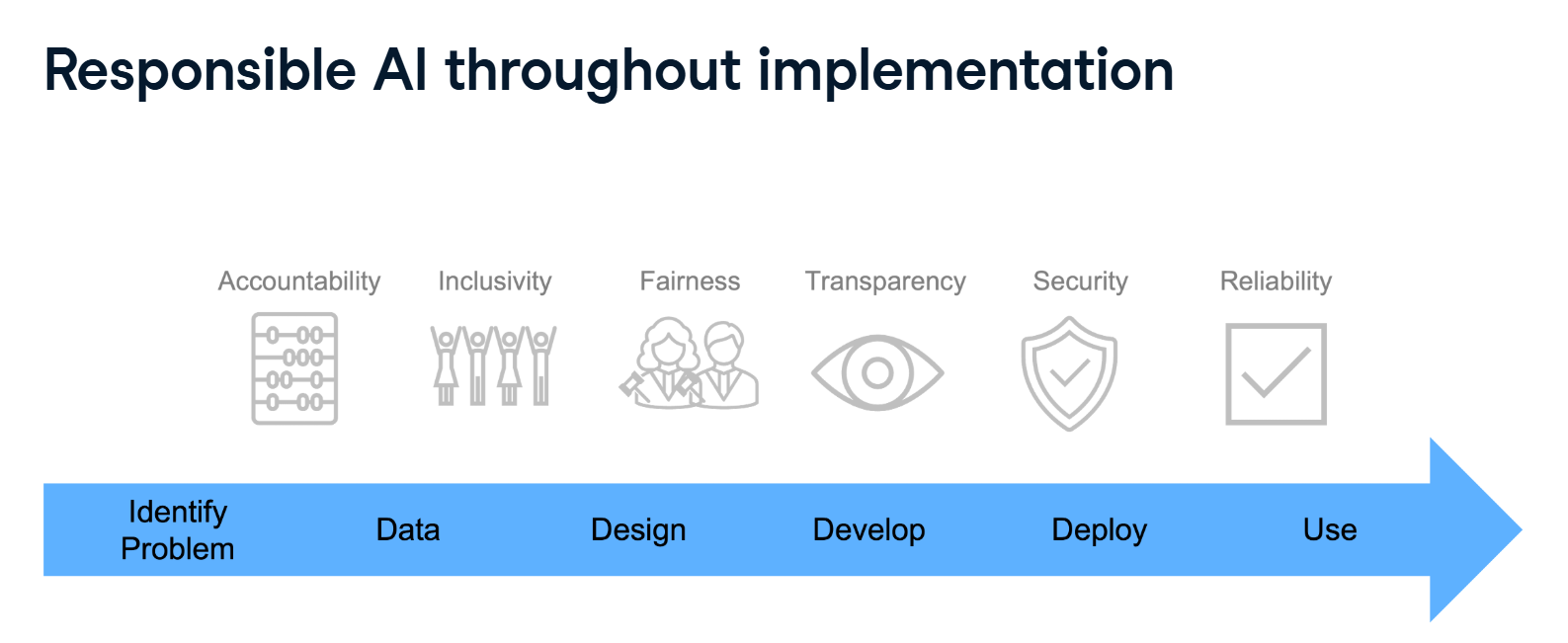Data Science and AI for Business
1/7
Earn XP
Description and Tags
Flashcards created based on the following DataCamp courses: app.datacamp.com/learn/courses/implementing-ai-solutions-in-business ; https://campus.datacamp.com/courses/generative-ai-for-business/introduction-to-generative-ai-1
Name | Mastery | Learn | Test | Matching | Spaced | Call with Kai |
|---|
No analytics yet
Send a link to your students to track their progress
8 Terms
artificial intelligence (AI)
development of computer systems that can perform tasks that normally require human intelligence (e.g. perception, reasoning, learning etc.)
stages of AI evolution
Symbolic AI (1960s/70s)
representing knowledge with symbols and rules
Connectionist AI (1980s/90s)
models inspired by the structure and function of the human brain
learn from data to make decisions based on patterns and associations
Machine learning (2000s)
statistical algorithms to learn from data
Deep learning (2010s)
artificial neural networks to process complex data (e.g. images, speech, language)
applications for AI
wide ranging applications
image processing
speech recognition
Natural Language Processing (NLP)
autonomous vehicles
robotics
key elements of an AI strategy
Develop vision
Assess the risks
Develop action plan (change management)
Buy-in
phases of AI implementation
A successful AI solution implementation will generally follow five broad steps from ideation to production:
Education → understand what AI is and use cases it is great for
Identification → determine which use case in your business is best for AI
Proof of Concept (POC) → build out a small-scale AI solution to test and learn
Scale → implement a full AI solution
Align culture and skills → change processes and upskill the workforce to leverage the AI solution
generative AI vs adaptive AI
generative AI refers to a class of artificial intelligence that is capable of generating new content, such as text, images, or music, based on input data
adaptive AI describes systems that learn and evolve over time through interaction with their environment and user inputs
Unlike generative AI, adaptive AI modifies its behavior based on experiences, allowing it to improve its performance and tailor responses in real-time

responsible AI
approach to developing, assessing, and deploying AI systems in a safe, trustworthy, and ethical way
AI ethics board → dedicated to strengthening the responsible AI principles and governance framework
Key elements:
accountability → who is responsible?
inclusivity
fairness
transparency and explainability
security
reliability
